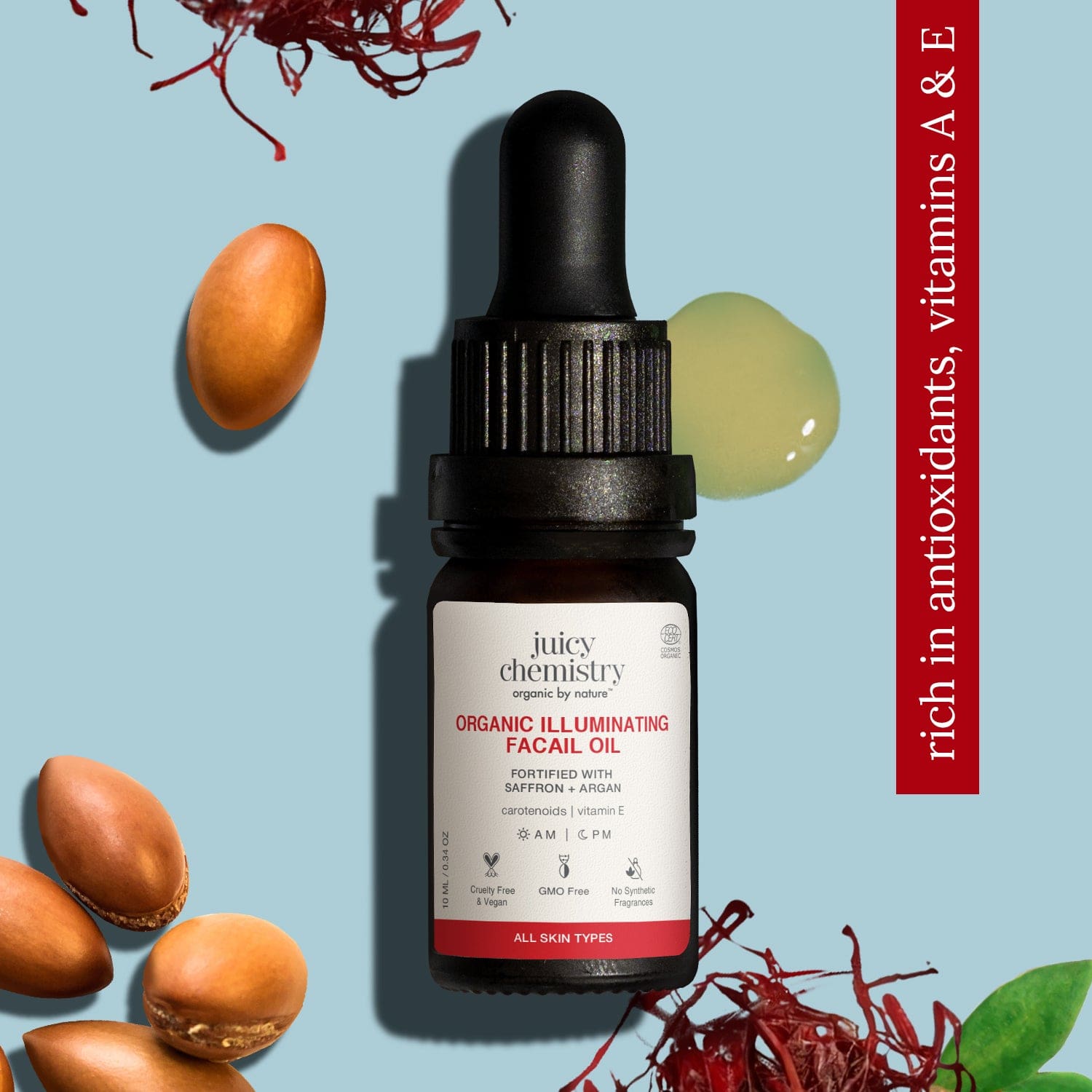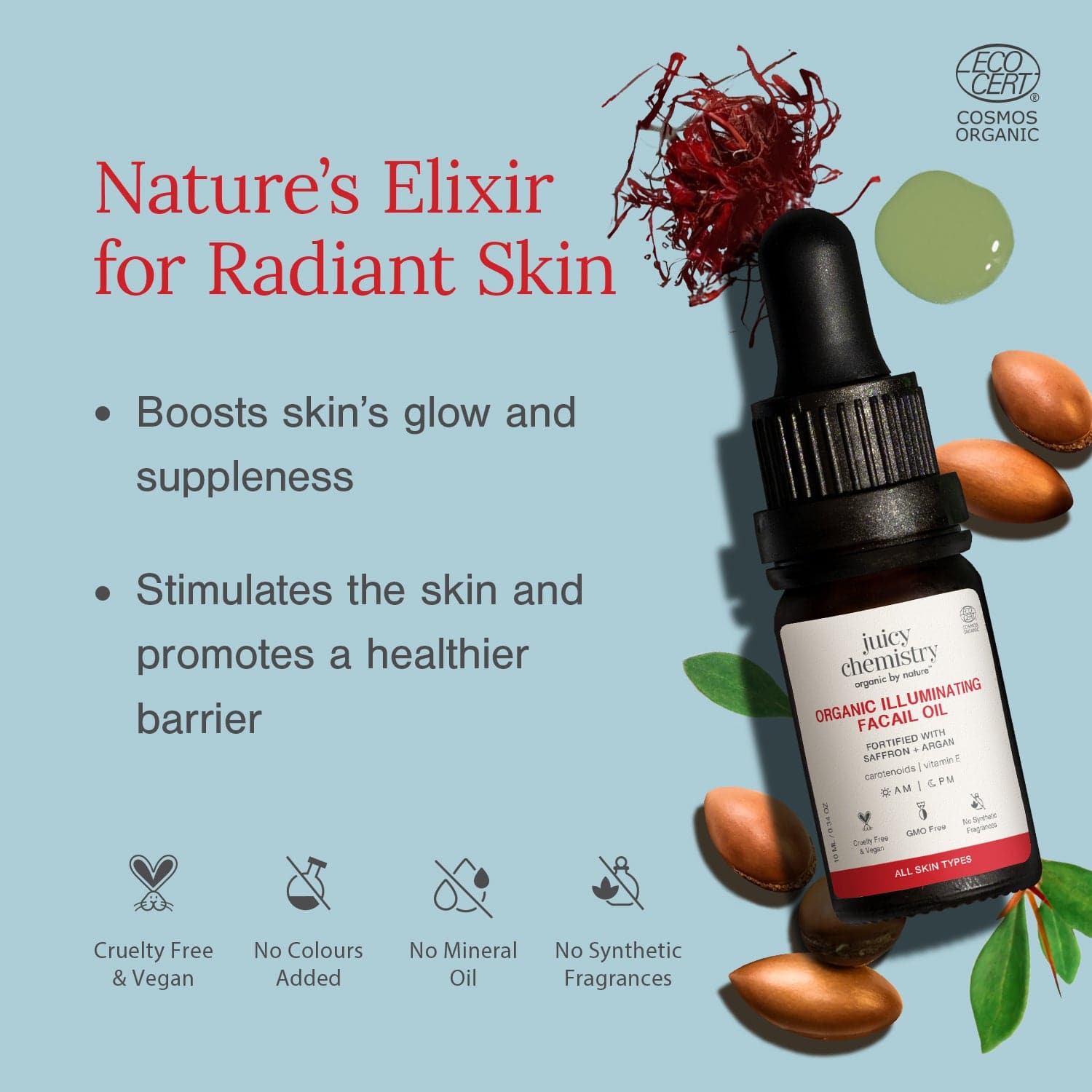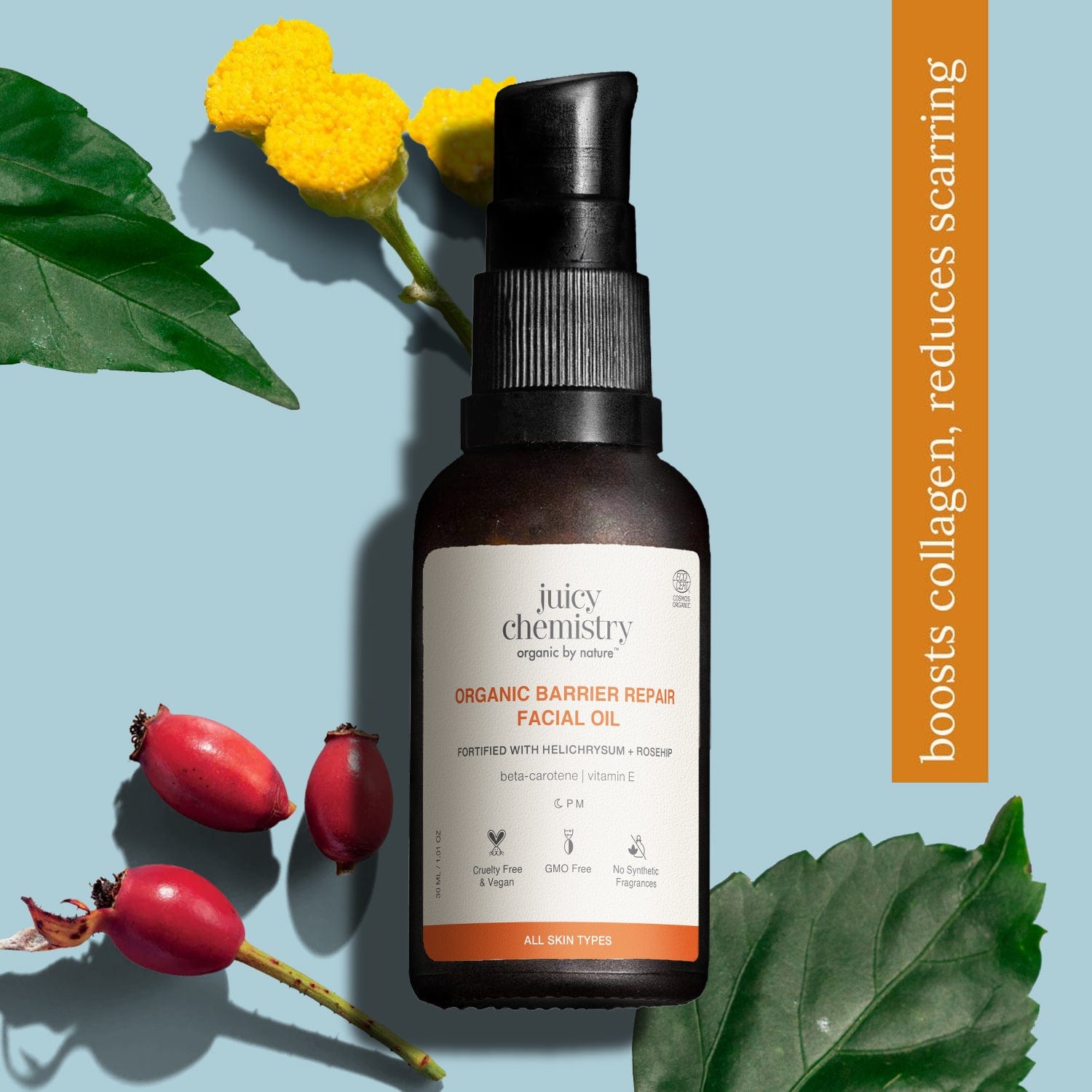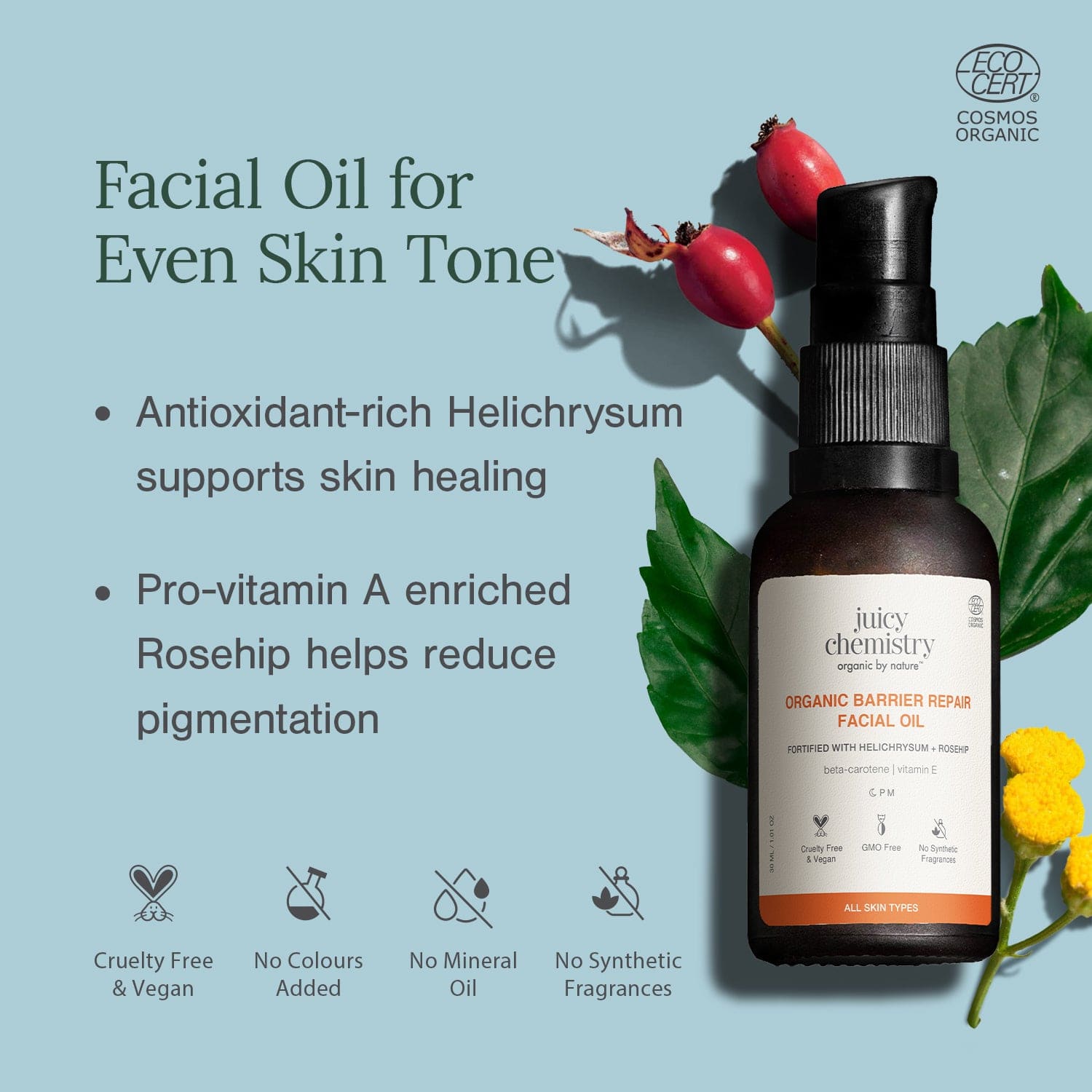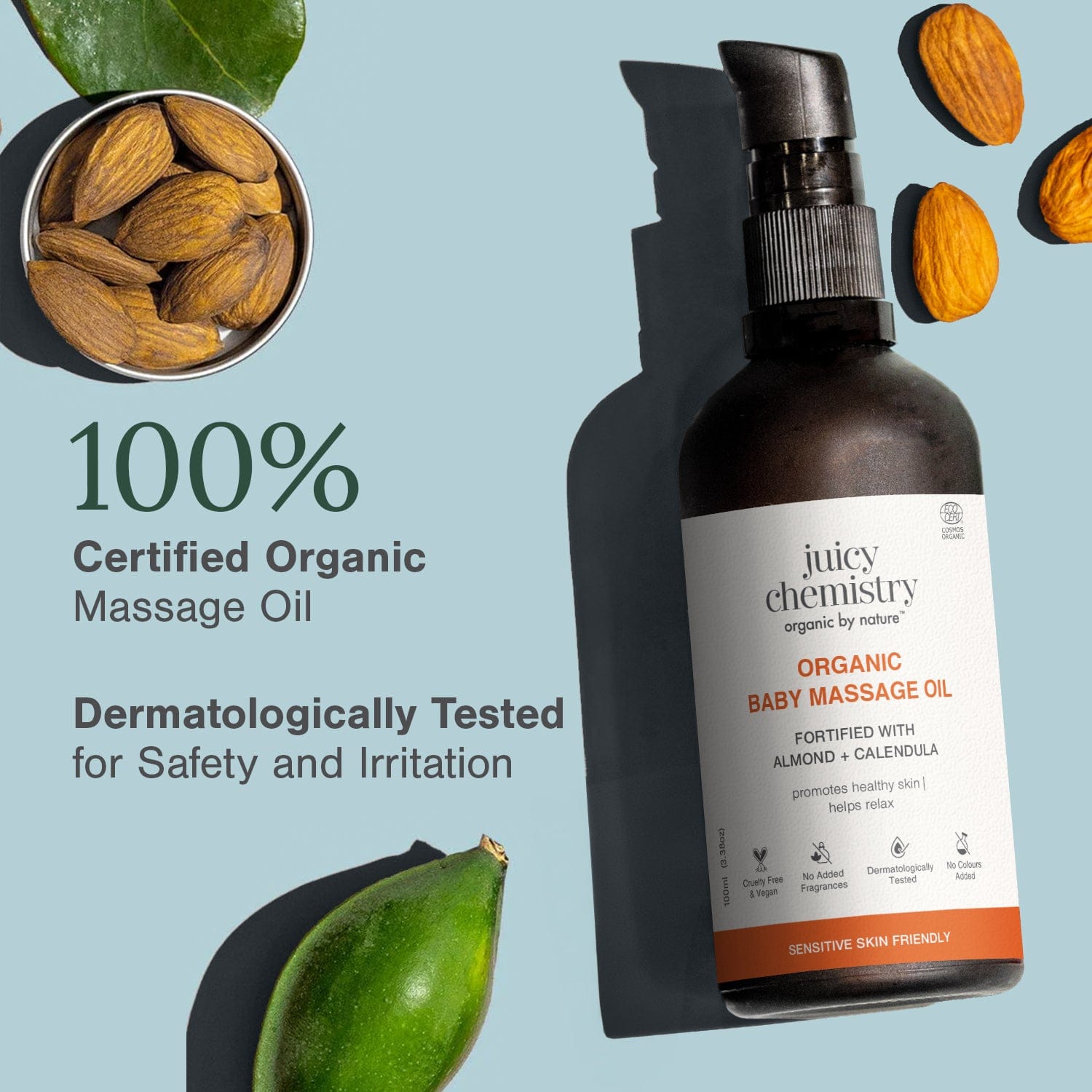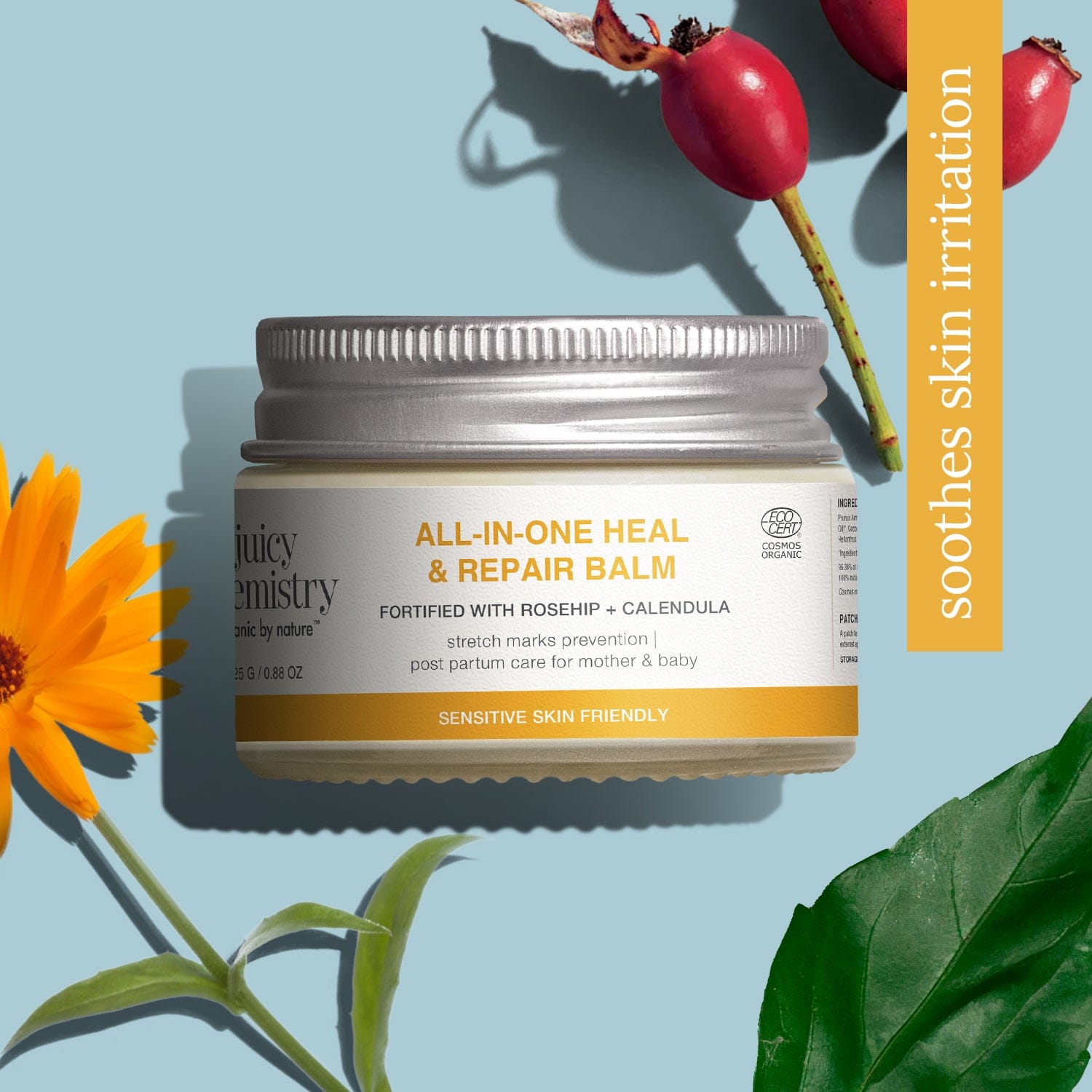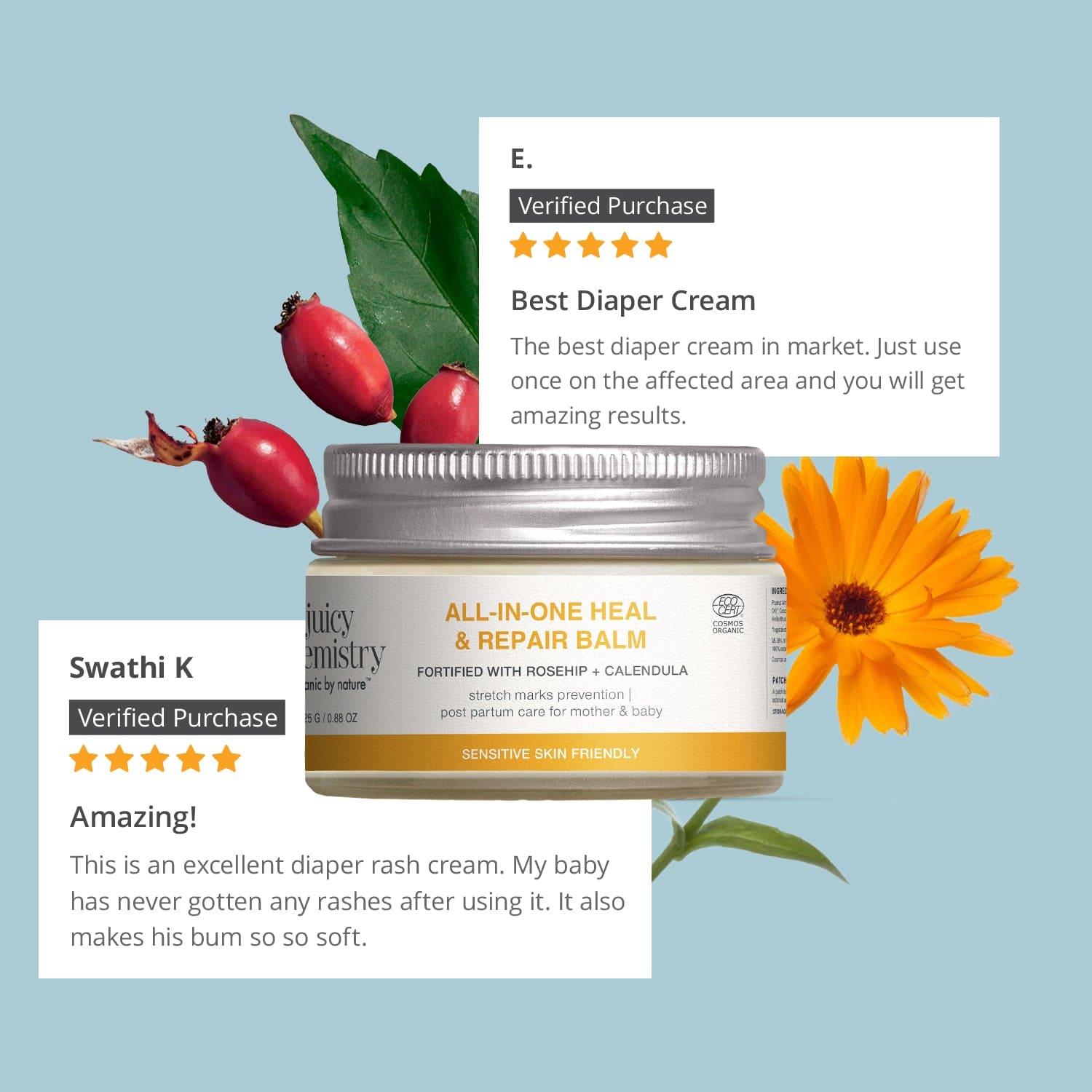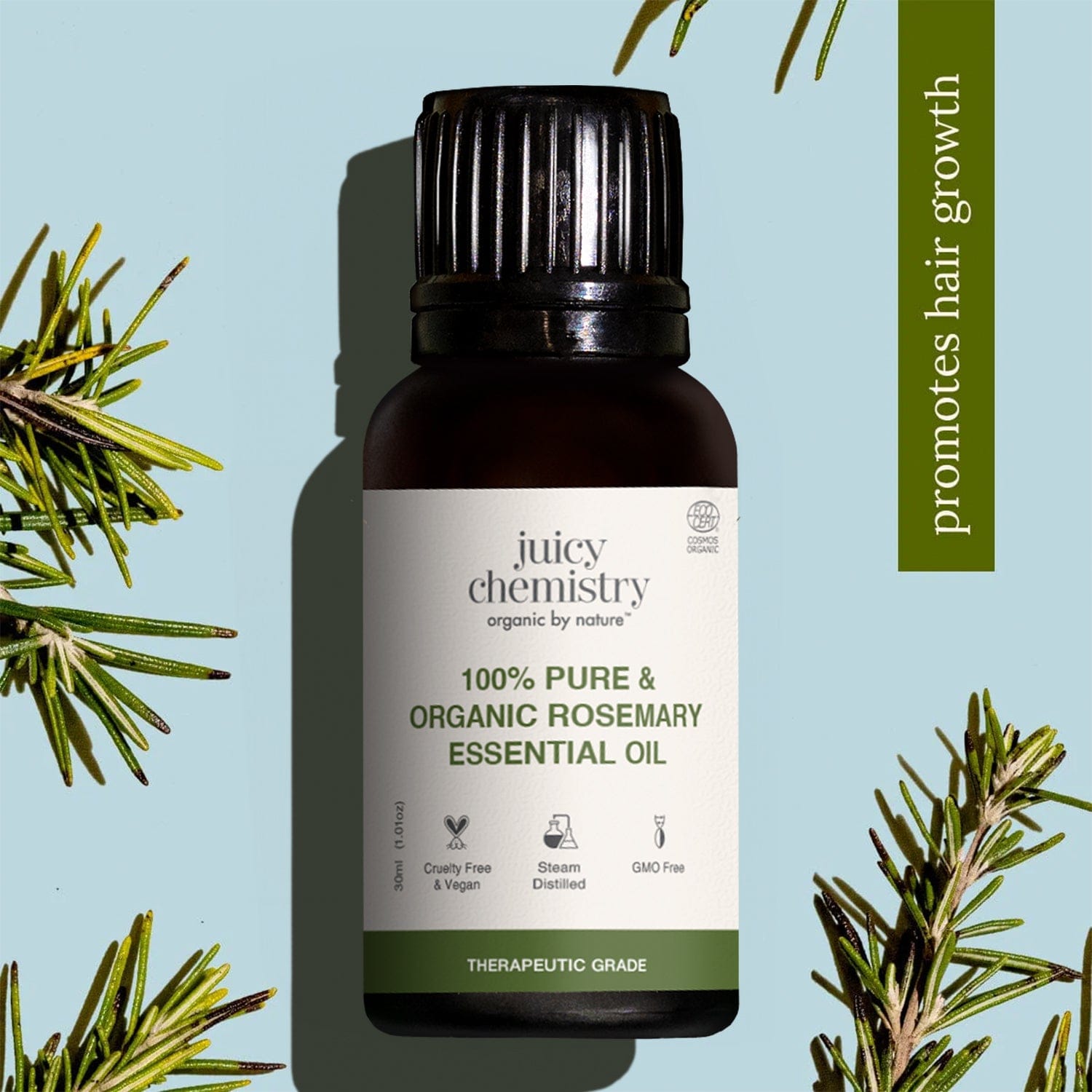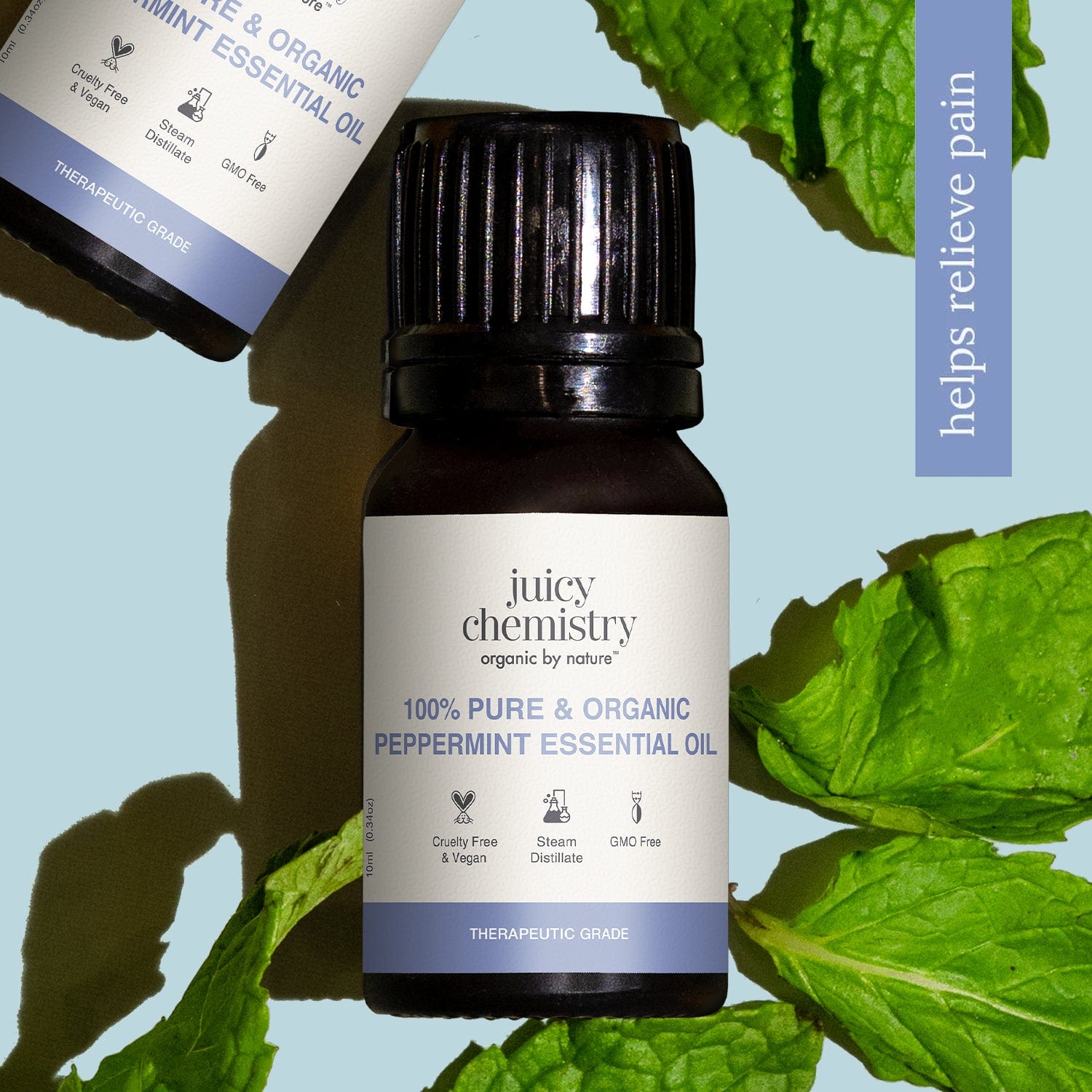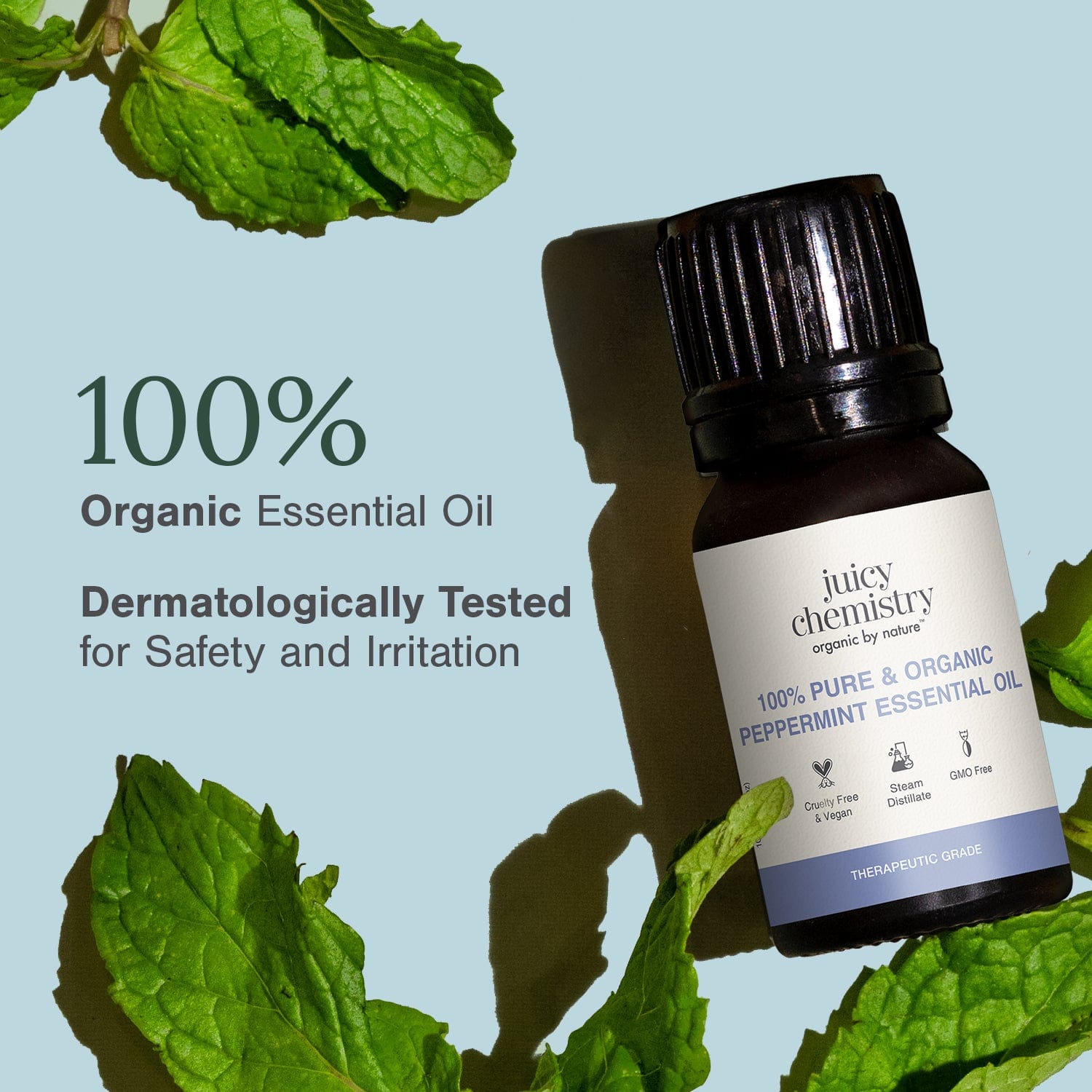Transition to Organic Shampoos
May 04, 2021Transitioning to a completely organic hair care regimen is akin to making a significant lifestyle adjustment. This journey unfolds at its own pace and demands dedication, consistency, and a great deal of patience. While some individuals may encounter challenges at the outset, it’s important to remember that your intentional decision benefits not only the health of your hair but also contributes positively to the environment.
What sets JC shampoos apart?
We intentionally avoid the use of surfactants or performance boosters in our hair cleansing products because a well-crafted, chemical-free organic shampoo can effectively cleanse the scalp without removing its natural oils. Our hair cleansers are meticulously created using the traditional cold process method. Nourishing plant-based oils and butters undergo saponification with the aid of ‘lye’ or sodium hydroxide, which is essential for the saponification process. The outcome is a genuine soap. The saponified oils and butters in our cleansers provide exceptional nourishment and create a gentle, bubbly lather that enhances the cleansing experience.
What is the Transition Period?
After years of using commercial shampoos, your scalp may require some time to fully adjust to organic shampoos. This adjustment phase is referred to as the Transition Period. When you begin using an organic shampoo like ours, your scalp will experience a natural detoxification process. Essentially, this means that your scalp is being thoroughly cleansed, and all the buildup from previously used products is being eliminated. This transition can take several washes, as your scalp works to find its balance, which may involve producing either too much or too little oil in the process.
What to Expect During the Transition Period
When making the switch to organic shampoos, it’s essential to understand what changes may occur during the transition period. Here’s a comprehensive overview of everything you can expect while adapting to organic shampoos:
-
Variation in Oil Production
As you transition to organic shampoos, your scalp will begin to regulate itself in order to adapt to the new formula. This adjustment can lead to fluctuations in oil production, which may manifest in a couple of ways. You might find that your scalp produces too much oil, resulting in an oily or waxy feeling, or it may produce too little oil, leaving your scalp feeling very dry. Additionally, you may notice a greyish-white substance coming off when you comb through your hair. This substance is actually product buildup that has accumulated over time. During this period, your hair strands may also feel excessively dry, and you might experience more hair fall than usual. However, it’s important to remember that this phase is temporary, and things will improve within a few days or weeks as your scalp adjusts. -
Scalp May Not Feel Cleansed
One of the notable differences you’ll experience with organic shampoos is the absence of sulfates, which are commonly found in conventional shampoos. Because organic shampoos are sulfate-free, they tend to produce a milder lather. As a result, you may feel the urge to use more product than you typically would. This can lead to the natural oils present in the shampoo not being removed effectively, giving you the impression that your hair is not clean. The excess oil production from your scalp can also contribute to this sensation. The best approach is to use the regular amount of shampoo and ensure you rinse thoroughly. If necessary, you can repeat the process, but we recommend avoiding the temptation to use too much product at once.It’s also crucial to understand that foam is not the ultimate indicator of a shampoo’s cleansing power. An organic shampoo that produces a mild lather can cleanse your scalp just as effectively as its conventional counterparts.
-
Change in Hair Look and Feel
During the transition, your hair may appear sticky, frizzy, and fuller than usual. This change is primarily due to the buildup being gradually released from your hair follicles and strands. As you progress through the transition, you’ll notice that your hair begins to return to its natural texture, which is typically vibrant and full of life. The initial changes can be disconcerting, but rest assured that they are part of the process, and your hair will eventually settle into a healthier state.
What to Do During the Transition
Navigating the transition to organic shampoos can be challenging, but there are several strategies you can employ to make the process smoother and more manageable:
-
DO NOT Give Up.
The most straightforward way to successfully transition is to remain committed to using the organic shampoo consistently. It may be tempting to revert to your old products during this period, but perseverance is key. -
Try the ACV Rinse
Incorporating an Apple Cider Vinegar (ACV) rinse into your routine can significantly expedite the transition process. Here’s a simple method to create your own ACV rinse: Mix 1/2 to 4 tablespoons of apple cider vinegar with 8 ounces of water in a plastic squeeze bottle, spray bottle, or any other container you prefer. Experiment with the dilution to find what works best for your hair type—dry hair typically benefits from less ACV, while oily hair may require more. After shampooing, pour this mixture over your hair. If you have a spray bottle, it’s even more effective, as you can spritz your hair with the mixture and massage it into your scalp. Allow the apple cider vinegar concoction to sit for a few minutes before rinsing thoroughly with water. -
One Section at a Time!
For a more effective shampooing experience, consider dividing your hair into different sections. Create lather on your hands using either our bar or liquid shampoo, and then apply it to each wet hair section individually. This method ensures that the product is evenly distributed and can work more effectively. -
Shampoo Twice if Required, but Do Not Overuse
If you find that your hair still feels oily after the first wash, it’s perfectly acceptable to shampoo twice. However, be cautious not to overuse the product, as taking too much can lead to an oily feeling. Stick to a regular amount and only shampoo twice if absolutely necessary. -
Do Not Shampoo Every Day!
Gradually phase out your shampoo usage over a few weeks. If you currently wash your hair every day, start by washing it every other day for a week. In the second week, extend the gap to every two to three days. This gradual approach will help ease the transition and allow your scalp to adjust more comfortably. -
Rinse Well, Really Well!
Simply rinsing your hair once may not be sufficient, so be sure to rinse multiple times—twice, thrice, or as many times as needed—to ensure that all product residue is removed. -
Comb Your Hair
Your scalp naturally releases oils that are beneficial for both the health of your scalp and your hair strands. Combing your hair from roots to tips helps distribute these oils evenly throughout your hair. We recommend using a wooden comb to minimize any potential damage to your hair.
How Long Does the Transition Phase Last?
The duration of the transition period can vary significantly from person to person. However, based on our observations, it typically takes around 7 to 8 individual washes for most people to adapt to a natural shampoo.
That said, some individuals may find that they adapt almost instantly, while others may take longer than the average time frame. The key is to remain patient and persistent; you will get through this phase if you don’t give up.
The length of the transition period can also depend on the length and density of your hair. Generally, individuals with short and thin hair tend to adapt more quickly compared to those with longer, denser hair.
How to Know the Shampoo is Working for You
You can gauge whether the organic shampoo is working for you by observing changes in your hair and scalp condition. If you notice that issues such as oiliness, dryness, hair fall, frizz, and product buildup begin to diminish with each wash, it’s a strong indication that the organic shampoo is effective for you.
Typically, the experience may not vary significantly during the first three washes. However, from the fourth or fifth wash onward, you should start to see a marked improvement with each subsequent wash. It’s important to keep in mind that everyone’s hair is unique, and the transition may not follow a predictable pattern for everyone, so give it some time to adjust.
If you find yourself needing more assistance during the transition, please don’t hesitate to reach out to us at any time! You can drop us an email or send us a message via Instagram.
Are you on the lookout for the best organic shampoo? Explore JC’s Ecocert Cosmos certified organic and natural shampoo for hair here.
By understanding what to expect during the transition, employing effective strategies, and being patient, you can successfully navigate the switch to organic shampoos and enjoy the long-term benefits they offer for your hair and scalp health.

